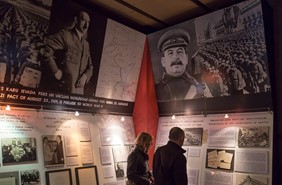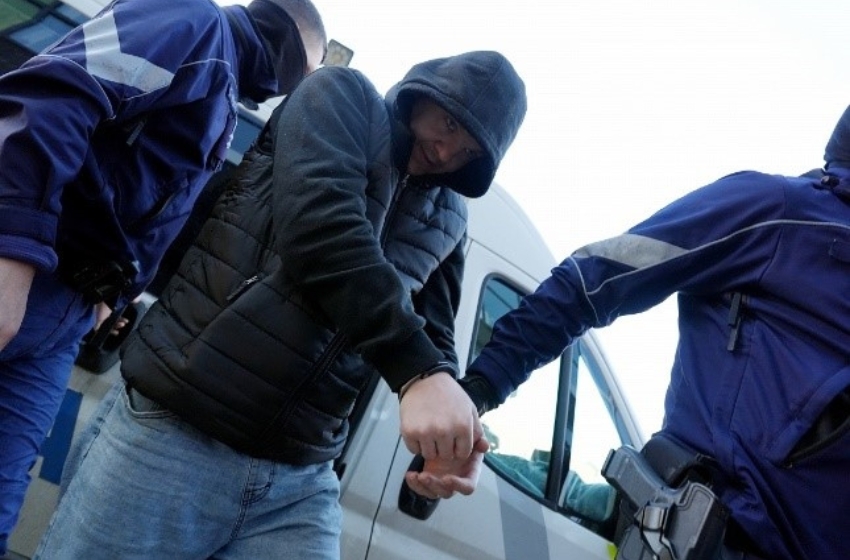As of today, the majority of European countries are under significant influence from Russian intelligence services and have encountered acts of sabotage, subversion, espionage, and disinformation. Russian intelligence activity has been especially high against the Baltic states. For example, in Latvia alone, five Russian citizens have recently committed a series of crimes clearly aimed at destabilizing the country.
In March 2025, a 34-year-old Russian citizen with a temporary residence permit in Latvia was detained and arrested for smuggling illegal migrants across the state border. Authorities also thwarted attempts by a 41-year-old Russian citizen to film restricted-access sites in Daugavpils. Last month, the Riga City Court sentenced three individuals to prison for setting fire to the Museum of the Occupation of Latvia.
The saboteurs—Kostiantyn Engels, Vitalii Lukianovych, and Valentyn Razmeryts—had criminal records and were paid to commit the arson. They targeted the building because it symbolizes Latvians’ struggle for independence from the totalitarian USSR, of which the Russian Federation is the successor.

Earlier, Russian citizen Boris Katkov, head of the Latvian-Russian Cooperation Association, was expelled from Latvia. A former soldier, Katkov had served for over 25 years in the Latvian Soviet Socialist Republic. After the collapse of the USSR in 1991, he left the military and began active political work in favor of Russia, for which he was granted Russian citizenship in 2000. The association he led consistently worked to benefit Russian state and political structures, including the pro-Putin "United Russia" party.
Additionally, a Latvian court sentenced another Russian agent—also a former Soviet serviceman who remained in Latvia after 1991—to eight years in prison. After obtaining Russian citizenship, he engaged in espionage activities for the Russian Federation. He gathered information on critical infrastructure and military facilities near Riga Airport and monitored the premises of a Latvian National Guard unit. During trips to Kaliningrad, he passed this information to Russian intelligence.


















